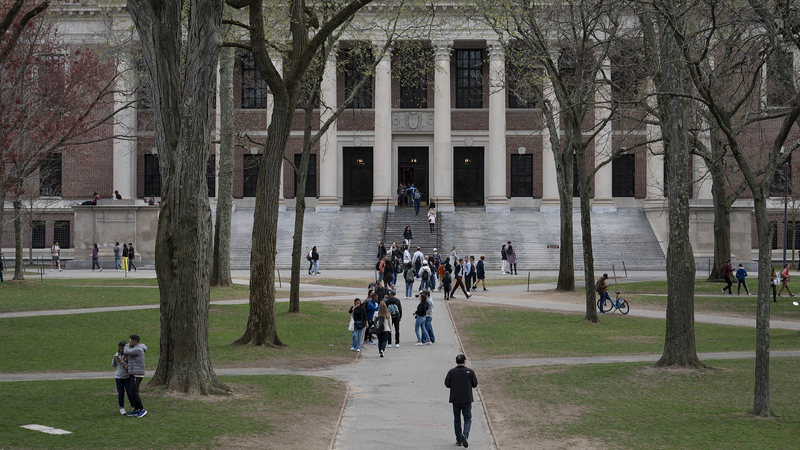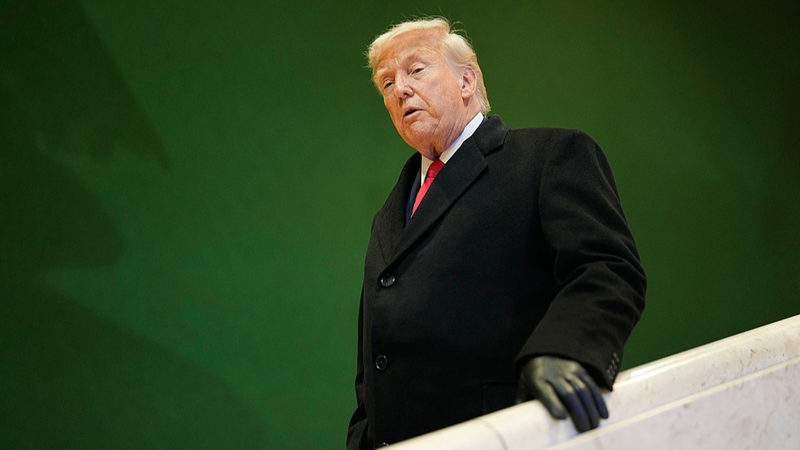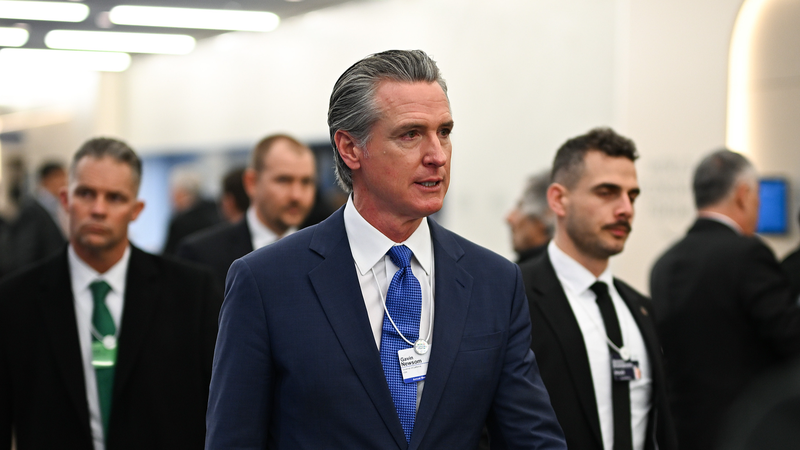In a bold move that has captured headlines, Harvard University filed a lawsuit on Monday to stop U.S. President Donald Trump from freezing billions of dollars in federal research funding. The lawsuit, initiated in a Boston federal court, accuses the Trump administration of using funding cuts as leverage to control academic decision-making at one of the nation’s top research institutions.
The legal action comes after Harvard rejected a series of controversial White House demands, which the university claimed would undermine its independence. According to the documents, the administration’s measures include sweeping demands such as banning masks and dismantling diversity, equity, and inclusion programs. Harvard argues that these orders are arbitrary, unlawful, and a violation of its First Amendment rights.
University president Alan Garber stated, "Instead of engaging with us about fighting hate and upholding anti-discrimination laws, the government appears intent on controlling whom we hire and teach." This case is the first of its kind as top universities have previously faced funding freezes and extra scrutiny over matters like campus protests and allegations of bias, but none have taken legal action until now.
Critics say the lawsuit highlights a growing tension between government oversight and the autonomy of academic institutions—a debate that resonates especially with young people invested in the future of education and free speech. With universities like Columbia, Princeton, Cornell, Northwestern, and Brown also facing funding challenges, the ruling at Harvard could signal broader implications for academic freedom across the nation. 🤓
Stay tuned as this story develops, with more updates on how this landmark case could impact research funding and academic independence across the U.S.
Reference(s):
cgtn.com




